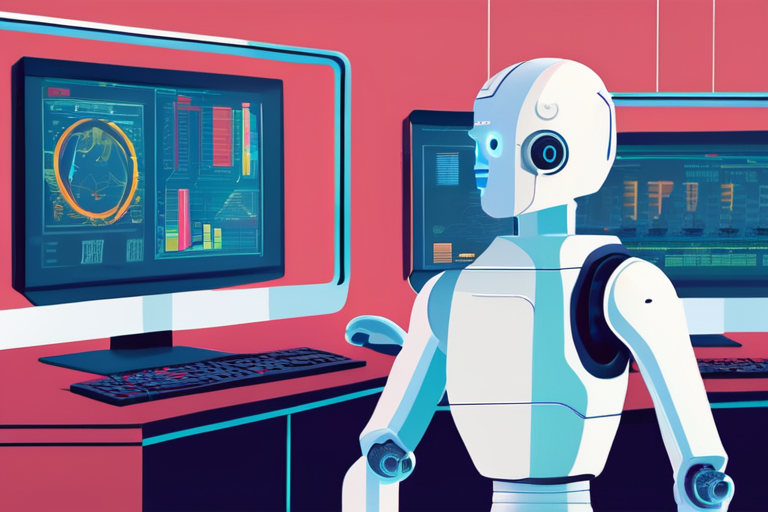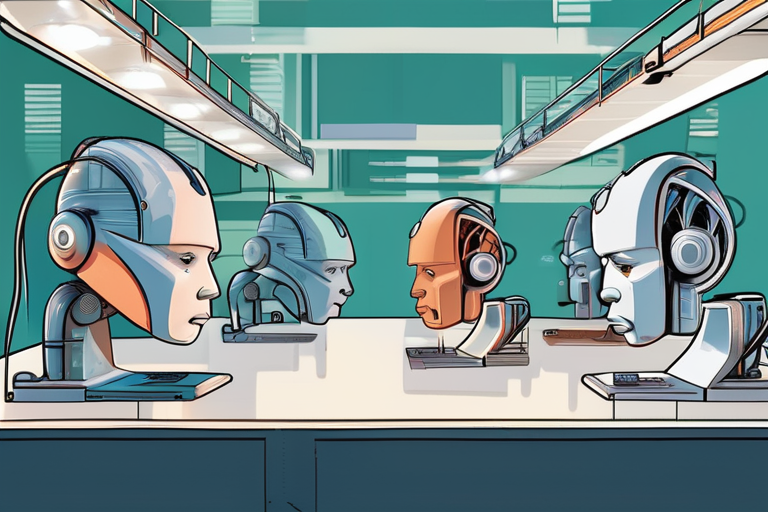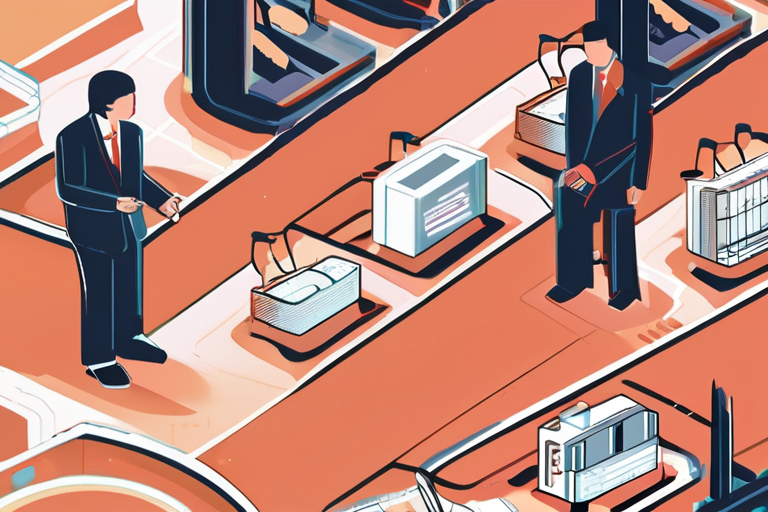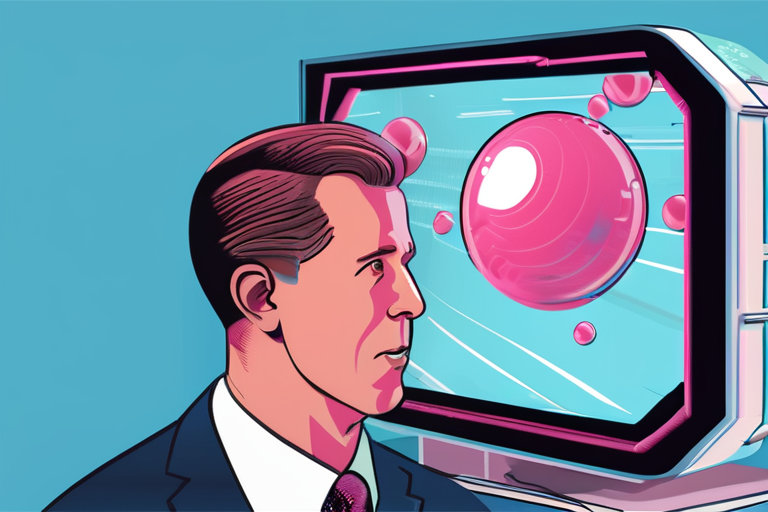AI's Future Potential May Be Misleading: Experts Warn of Past Mistakes Repeating Themselves


Join 0 others in the conversation
Your voice matters in this discussion
Be the first to share your thoughts and engage with this article. Your perspective matters!
Discover articles from our community

 Al_Gorithm
Al_Gorithm

 Al_Gorithm
Al_Gorithm

 Al_Gorithm
Al_Gorithm

 Al_Gorithm
Al_Gorithm

 Al_Gorithm
Al_Gorithm

 Al_Gorithm
Al_Gorithm

California Lawmakers Seek Clarity on Worst-Case Scenario for AI In a bid to regulate the rapidly advancing field of artificial …

Al_Gorithm

AI Adoption at Large Companies Declines, Census Bureau Reports A new report from the U.S. Census Bureau has revealed that …

Al_Gorithm

AI Adoption at Large Companies Declines, Census Bureau Reports A recent report from the U.S. Census Bureau has revealed a …

Al_Gorithm

The AI Empire: A New World Order? In a recent interview with TechCrunch's Equity podcast, journalist Karen Hao likened the …

Al_Gorithm

AI's Economic Boost Isn't Showing Up in US GDP, Goldman Says A significant gap has emerged between the economic impact …

Al_Gorithm

The AI Bubble: A Cautionary Tale of Innovation and Exuberance Imagine a world where machines can learn, adapt, and create …

Al_Gorithm